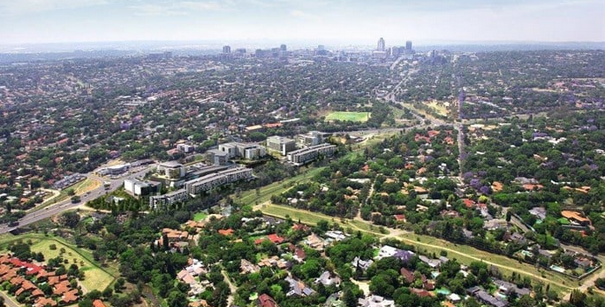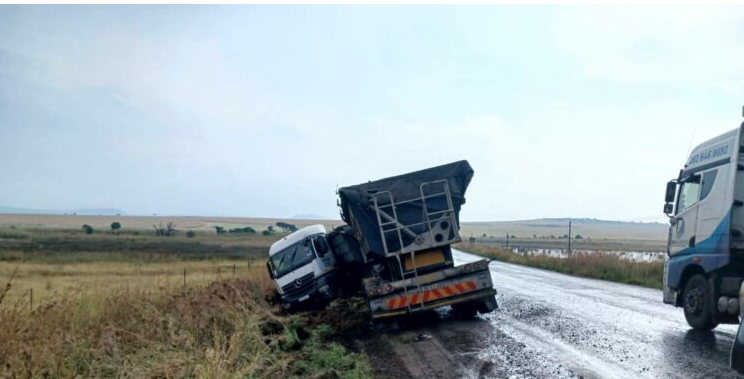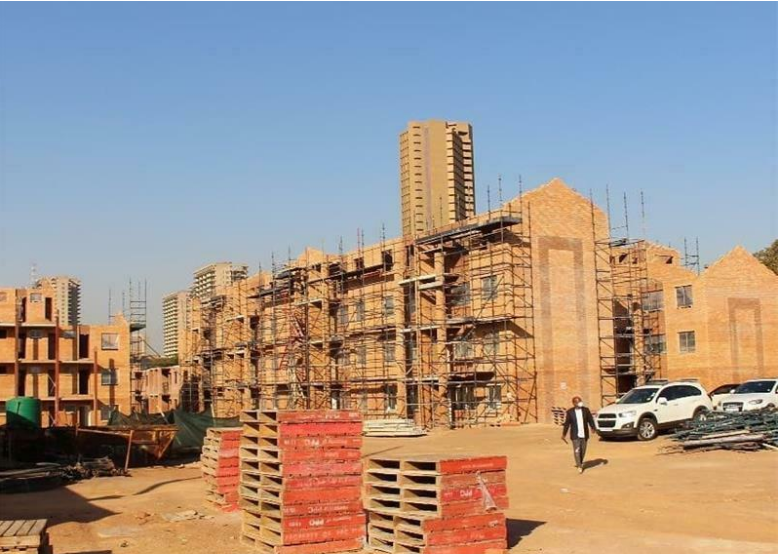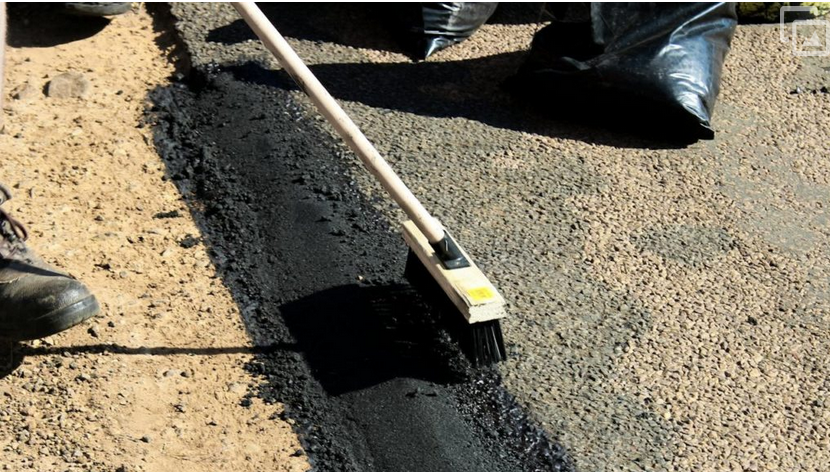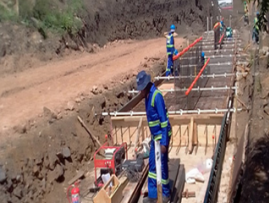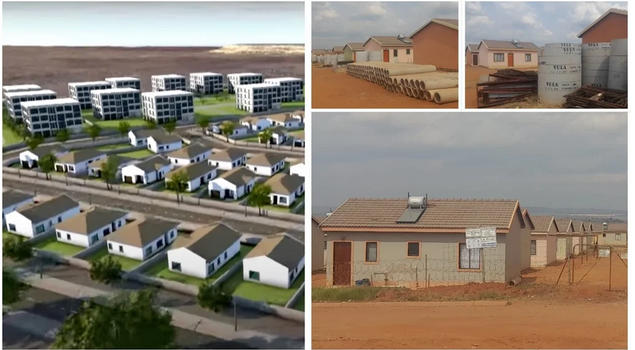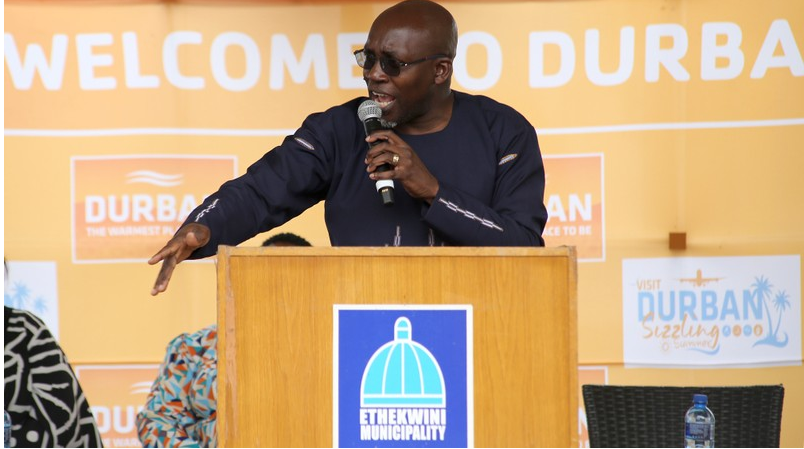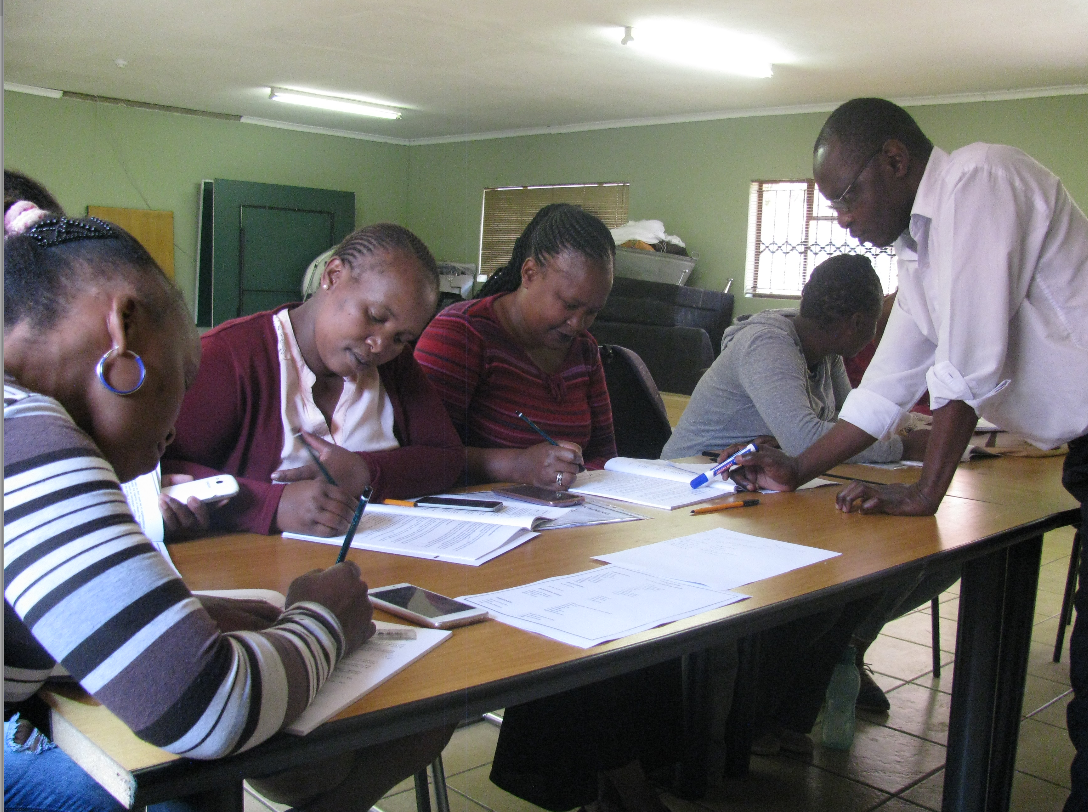South Africa to trial new ‘plastic road’ – made from recycled materials

13-03-2019
Read : 61 times
Business Tech
Source
The Kouga Municipality has announced that it will trial South Africa’s first plastic road.
Horatio Hendricks, executive mayor of Kouga Municipality, said the local authority had entered a partnership with Scottish company MacRebur and South African civil engineering experts to build ‘the first plastic road’ in Jeffrey’s Bay.
“The backlog in road repairs for our region is estimated to be more than R500-million. While Kouga is strong financially, we simply do not have the rates base to deal with this backlog decisively,” Hendricks said in a statement on Monday (11 March).
“The DA-led Kouga Council has, therefore, been looking for innovative ways to slay this giant since taking power in the municipality in 2016.”
MacRebur – which has already tested plastic roads in the United Kingdom and other countries across the globe – will head up the project.
They will receive assistance from Port Elizabeth-based civil engineering and construction companies SP Excel and Scribante Construction.
Hendricks said Kouga was looking forward to the potential benefits of the trial.
“Poor roads have a devastating impact on communities. It’s not only a danger to motorists it is also bad for the economy as it scares off potential investors and makes it difficult for existing businesses to ply their trade.”
He said should the trial be successful, the municipality would like to see a factory being established in Kouga to produce the pellets locally.
“In this way, it will be a triple win for our people – better roads, less pollution and more job opportunities.”
He said a 1km-stretch of Woltemade and Koraal Streets in Jeffreys Bay has been earmarked for the trial.
“We expect work to start in about a month’s time as the product has to be imported for now.
“The trial will be done at no cost to the municipality, with the respective partners set to foot the bill.”
Road mix
According to MacRebur’s website, its products are made using materials derived from non-recyclable waste plastic that was destined for landfill or incineration.
“By extending part of the bitumen in the mix MacRebur products reduce fossil fuel usage, leading to a reduction in carbon footprint and helping to foster a circular economy.
“With each km of road laid using our MR products, we use up the equivalent weight of 684,000 bottles or 1.8 million one time use plastic bags. 1 tonne of MacRebur mix contains the equivalent of 80,000 plastic bottles.”
Vicky Knoetze, a member of the Eastern Cape Legislature, said what MacRebur offered was an enhancement of the asphalt mix traditionally used for the top layer of roads.
“Non-recyclable plastic waste, which ends up in the ocean or clogging up landfill sites, is processed into pellets and used to replace a large component of the bitumen in a conventional asphalt mix.
“The result is a road that is stronger and more durable. Water, the main cause of potholes, does not penetrate it as easily as with traditional asphalt mixes and it is also more heat resistant,” she said.
She added that the plastic road surface was also cheaper and easier to maintain.
Recent News
Here are recent news articles from the Building and Construction Industry.
Have you signed up for your free copy yet?


